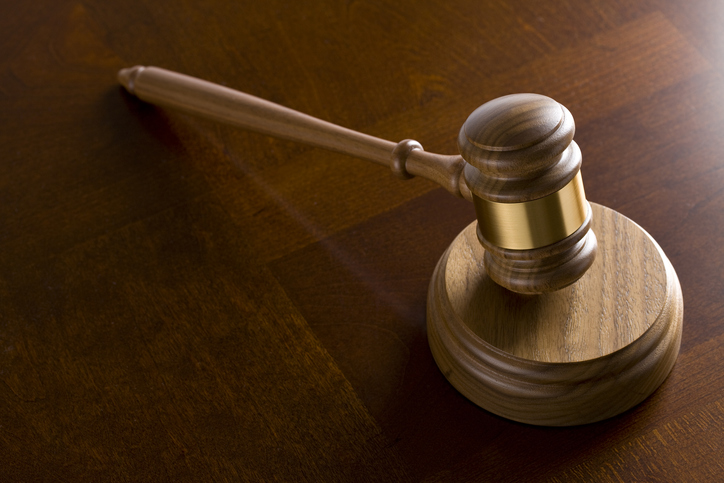
A Dutch court has ruled against activists who wanted to make it legal for anyone to perform assisted suicide procedures in the Netherlands.
In their written decision, the judges ruled that the Dutch law strikes a “fair balance between the societal interests of a ban on assisting a suicide – protection of life and preventing abuse of vulnerable persons – and the interests of an individual to have access to physician-assisted suicide in the case of unbearable suffering without the prospect it will get better”.
The Netherlands was the first country in the world to legalise euthanasia and physician-assisted suicide under strict conditions and when overseen by medical professionals in 2002.
Right-to-die organisation Cooperative Last Will brought the case with the aim of widening existing laws. It argued the ban on assisting suicide not overseen by medical professionals violated the right to self-determination and respect for private life enshrined in the European Convention on Human Rights.

In testimony to a U.S. congressional human rights commission, two prominent human rights experts decried the ongoing repression of the Catholic Church by Nicaraguan president Daniel Ortega and urged additional action by the U.S. to oppose Ortega’s regime.
Ortega’s government has in recent years detained, imprisoned, and likely tortured numerous Catholic leaders, including at least one bishop and several priests. His government has also taken action to repress Catholic radio and television stations, and driven Catholic religious orders, including the Missionaries of Charity, from the country. The regime also expelled Archbishop Waldemar Stanislaw Sommertag, the former apostolic nuncio in Nicaragua, from the country, a move the Vatican called “incomprehensible.”
“Every kind of religion is suffering the repression of this regime,” Bianca Jagger, a Catholic human rights activist, testified to the committee, but in particular, she said, Ortega is seeking to “destroy the Catholic Church in Nicaragua.”
Jagger is a former actress and ex-wife of Mick Jagger. She is also Nicaraguan and said she knows personally many of the Catholics who have been detained in the country.
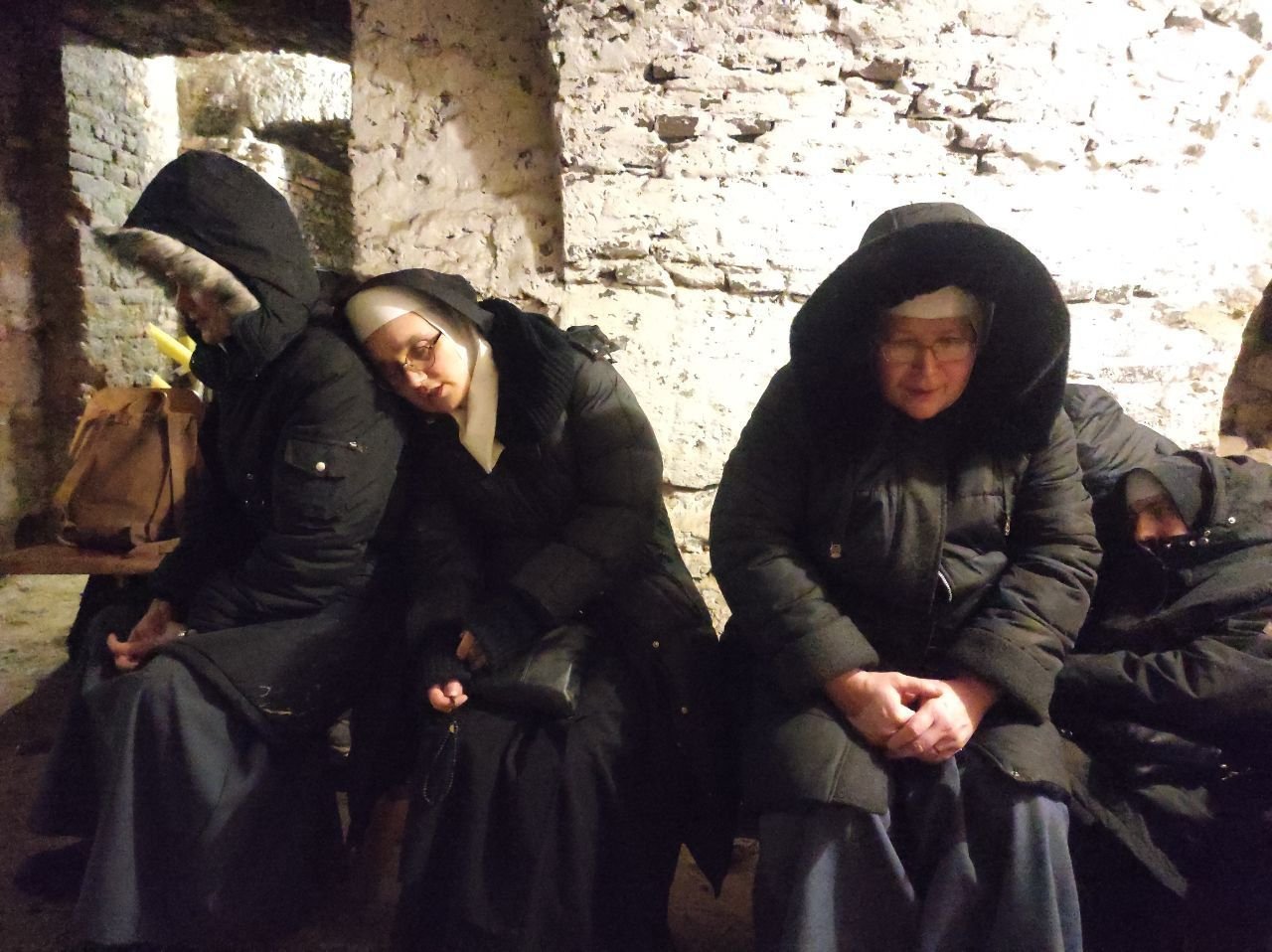
At least 270 places of worship, spiritual educational institutions, and sacred sites were either destroyed or damaged by Russian troops, between February 24 and July 15, 2022.
That’s according to a report just published by the Institute for Religious Freedom (IRF), a human rights NGO, founded in 2001 in Kyiv, Ukraine.
While Russian attacks on religious entities in Ukraine have been occurring since 2014, the report says they have become more common and harsher this year.
“If previously priests on the occupied territories only received death threats, now religious leaders are tortured and killed – again, but on a scale far worse than in 2014. If previously Russian occupational authorities expelled Ukrainian believers from their churches and prayer houses, now Russia is destroying the spiritual heritage of Ukraine with missile attacks, shelling, and looting of religious buildings without justification by military necessity.”
The report suggests that “Russian media and religious leaders, such as Patriarch Kirill (…), are justifying the war against Ukraine with propaganda about the supposed protection of Orthodox believers of the Moscow Patriarchate and Russian speakers.” Furthermore, as reported in a new expert legal analysis, “Religious authorities [in Russia] have reinforced the narrative praising the invasion with innuendo and [imbuing it with] spiritual meaning”.
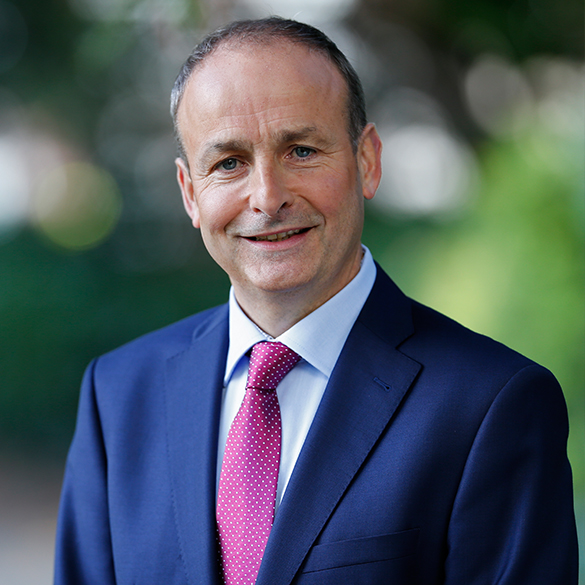
Hospitals are no place for protest, Taoiseach Micheál Martin has said, following comments by Archbishop Eamon Martin against banning pro-life gatherings, including prayer, outside hospitals and GP clinics administering abortion.
Archbishop Martin had said that abortion exclusion zones “would be tantamount to enforcing a ban on pro-life activity including prayer and respectful witness” and would further “silence” the voice of unborn children.
The Taoiseach was responding to a question from People Before Profit TD Paul Murphy who described the gatherings, without evidence, as “intimidatory, misogynistic protests”.
Mr Martin said the last thing people going to hospitals need to see “is someone protesting, any agitation or anything to do with that. It just runs counter to what hospitals should be all about.”
Separately, in response to a question from Aontu leader, Peadar Toibin, the Taoiseach said he had a “fair point” in asking, in the interest of balance, if the State has ever made any effort to quantify the positive contribution by the Churches in this State.
During the Covid crisis, when many people were dying on their own and isolated from their families, Deputy Toibin cited the support they got from many religious in this State. “Many religious buried people during the Covid crisis at great threat to themselves. They were the only group the State never thanked for the help provided during Covid”, he said.
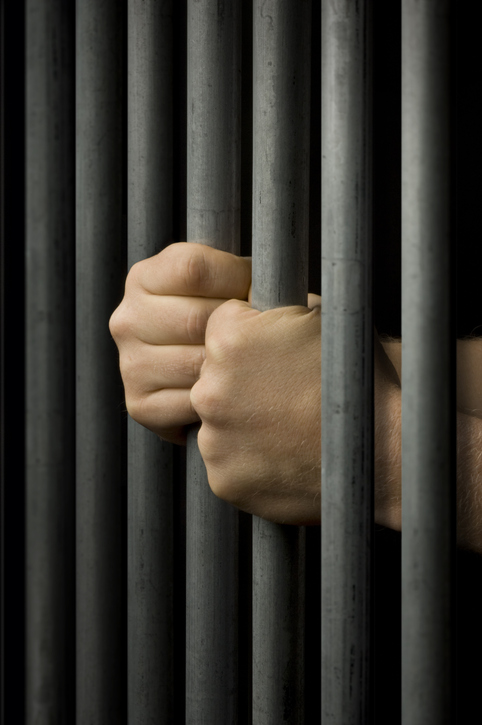
A report in the New York Times details the case of a prosperous Chinese businessman, Xu Wenjun, who wanted a son to continue the family line. In Cambodian court testimony, Xu said his wife could not bear a child. But Xu’s friends said he had no wife and was open about being gay.
In 2017, Xu signed a contract with an agency agreeing to pay €70,000 for surrogacy in Cambodia, using a “Russian model” as an egg donor, and a Cambodian woman to carry the child to birth. This was despite the Cambodian Ministry of Health announcing a ban on the practice the previous year.
“Surrogacy means women are willing to sell babies and that counts as trafficking,” said one Cambodian official. “We do not want Cambodia to be known as a place that produces babies to buy.”
In 2018, about 30 surrogates, all pregnant, were nabbed in a police raid on an upmarket housing complex in Phnom Penh. Dozens of surrogates were arrested, accused of trafficking the babies they were carrying.
Xu’s surrogate gave birth in prison, but was given a suspended sentence on condition that she raise the child herself, even though she has no genetic connection to the boy.
Xu himself was later arrested in a police sting and has now spent the last three years in prison.
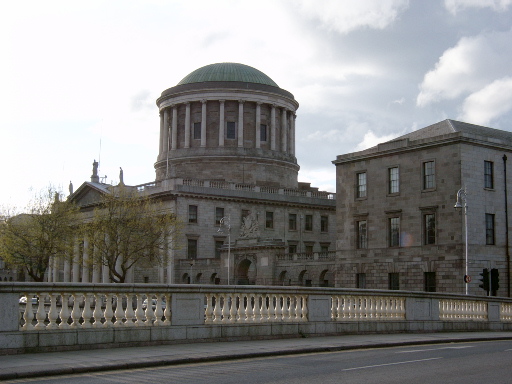
A High Court judge has said he is not convinced legislators appreciate the “true need for expedition” when dealing with the introduction of a law to recognise international surrogacy.
Mr Justice John Jordan said legislation to address legal lacunas arising from surrogacy arrangements was “flagged as necessary” by the Supreme Court as long ago as 2009, and again in 2014 that court said Irish legislation had failed to address deficits.
The Judge is presiding over a case of an Irish couple who used a surrogate in Ukraine in a commercial arrangement to bring their child to birth.
The case could be made moot if proposed Government legislation were to be passed into law. Last month the Judge expressed dissatisfaction that he heard about the legislation in media reports rather than in his court.
On Tuesday, the judge said he asked the State for its position on Monday, and there was no update available.
Senior Counsel Mary O’Toole, for Ireland and the Attorney General, said the State parties will “obviously” advise the court as soon as a decision has been made, but many of the matters discussed are subject to Cabinet confidentiality.
The court could not “effectively direct” the executive, she said, adding that there “may or may not be information to circulate” by next week.
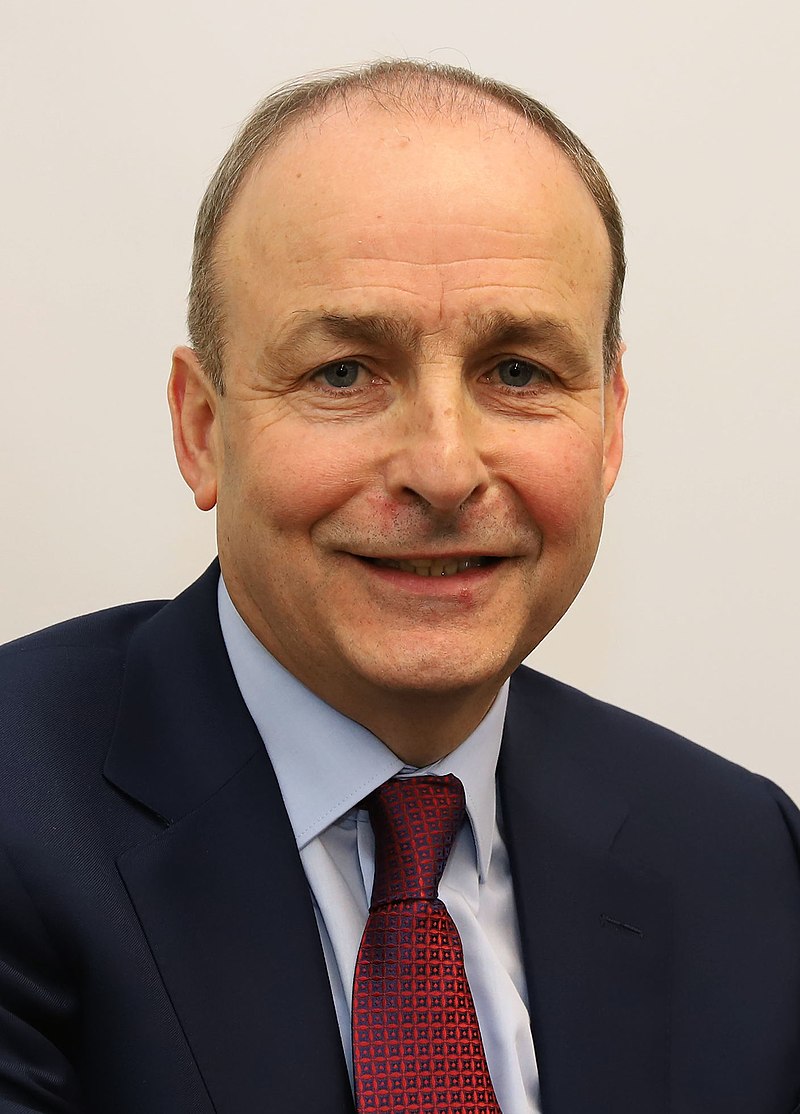
The Taoiseach has raised concerns that laws enabling assisted suicide could put older people “under pressure” while not ruling out legislation either.
A special Oireachtas committee will look at the issue in the new year with a view to proposing a new law.
However, Micheál Martin has expressed “concerns”, and said it will require a detailed examination.
“I would just be nervous that through any legislation that’s passed — and I’m open to persuasion on this — but that you would create an indirect pressure on older people, in particular, people who are coming to the end of their lives, and all sorts of pressures can happen,” he said.
“So there would have to be very, very strong safeguards.”
He suggested that a Citizens’ Assembly could be “useful” to discuss, in a mature and detailed manner, what is an emotive issue.
“I understand fully the issues, from an individual perspective, if you have a terminal illness, and the pain associated with that — but the implications could be far and wide,” he said.
For specific areas, you can see an application for it, but what are the wider impacts of any legislation we would pass and governance around all of that?”
The Taoiseach also pointed to the advances and improvements that have been made in palliative care over the past two decades, which has made end-of-life more comfortable for both patients and their families.
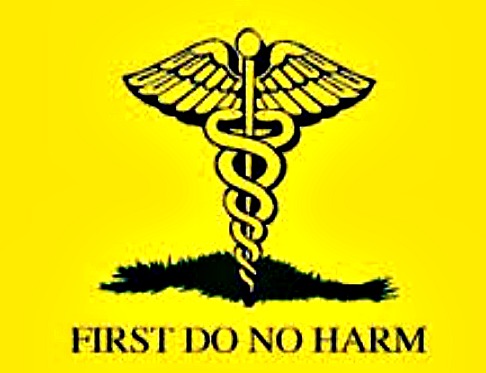
The Biden administration can’t force a group of Catholic hospitals and doctors to perform so-called gender transition surgeries under a Health Care rule barring nondiscrimination, a US federal appeals court ruled.
A three-judge panel unanimously found the Department of Health and Human Services (HHS) violated the religious beliefs of the plaintiffs, which included a group of nuns who run health clinics for the poor and an association of Catholic health care professionals.
The judges said if the administration applied the rule to the Catholic groups, it would violate the Religious Freedom Restoration Act.
The panel upheld a lower court’s permanent injunction preventing HHS from enforcing the rule.
The judges said the lower court was correct in determining that “intrusion upon the Catholic Plaintiffs’ exercise of religion is sufficient to show irreparable harm.”
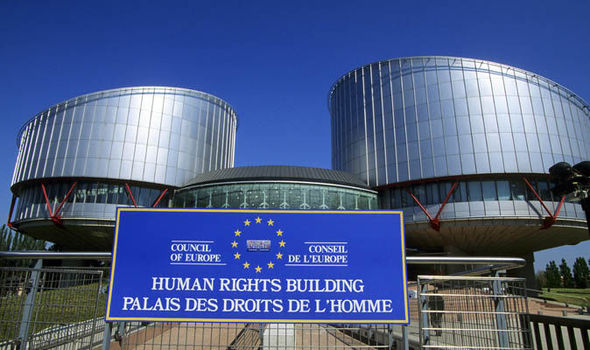
The European Court of Human Rights has condemned the government of Bulgaria for violating the right to religious freedom of Evangelical Christians in the country. The Court held that a 2008 campaign by government officials to warn children and families away from Protestant churches constituted a violation of human rights.
In reference to the “pejorative and hostile expressions” used by authorities to discredit the church, the Court ruled that the government had “disproportionately infringed” on the religious freedom of the Pastors and their churches.
“The fundamental right to religious freedom belongs to every person, regardless of faith or denomination. The European Court of Human Rights has affirmed that the government of Bulgaria was wrong to target these Christians with an alarmist campaign designed to suppress the freedom to live out their beliefs. This ruling sends a clear message that government efforts to stamp out religious freedom are unacceptable and fundamentally incompatible with democracy”.” stated Robert Clarke, ADF International director of advocacy and co-counsel in the case.
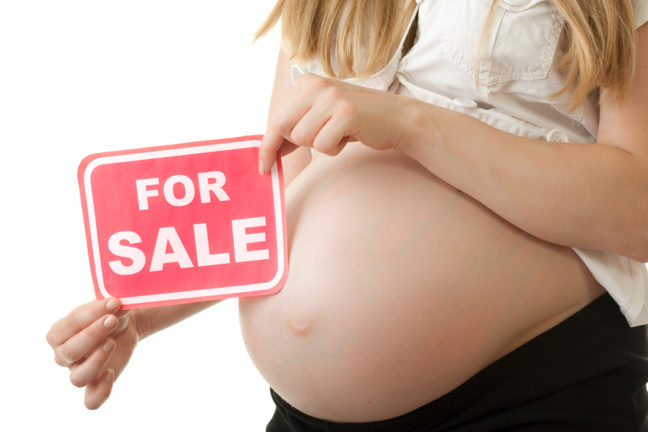
New research data has revealed that a woman was more likely to have a high-risk pregnancy when acting as a surrogate rather than when she becomes pregnant naturally.
The paper “A Comparison of Surrogate Pregnancies and Spontaneous Pregnancies” by Jennifer Lahl, Kallie Fell and others was carried in the peer-reviewed journal, ‘Dignity’.
A surrogate pregnancy had three times higher odds of resulting in a cesarean section and was five times more likely to deliver at an earlier gestational age.
Women in this study were significantly more likely to experience postpartum depression following the delivery of surrogate children than after delivering their non-surrogate children, and overall, they were more likely to have adverse outcomes during a surrogate pregnancy.